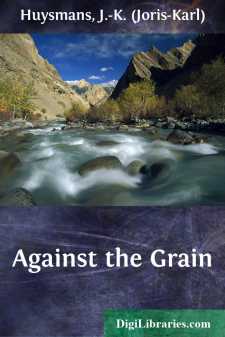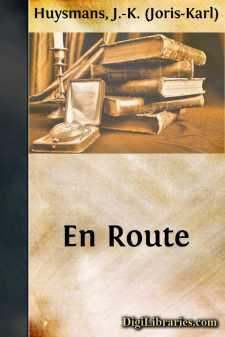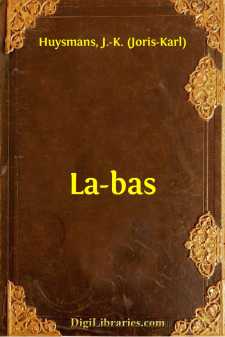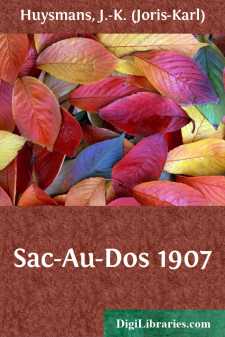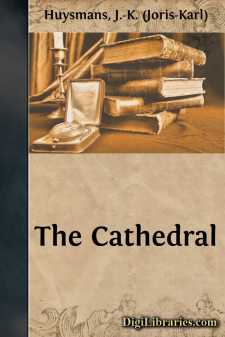Categories
- Antiques & Collectibles 13
- Architecture 36
- Art 48
- Bibles 22
- Biography & Autobiography 813
- Body, Mind & Spirit 142
- Business & Economics 28
- Children's Books 17
- Children's Fiction 14
- Computers 4
- Cooking 94
- Crafts & Hobbies 4
- Drama 346
- Education 46
- Family & Relationships 57
- Fiction 11829
- Games 19
- Gardening 17
- Health & Fitness 34
- History 1377
- House & Home 1
- Humor 147
- Juvenile Fiction 1873
- Juvenile Nonfiction 202
- Language Arts & Disciplines 88
- Law 16
- Literary Collections 686
- Literary Criticism 179
- Mathematics 13
- Medical 41
- Music 40
- Nature 179
- Non-Classifiable 1768
- Performing Arts 7
- Periodicals 1453
- Philosophy 64
- Photography 2
- Poetry 896
- Political Science 203
- Psychology 42
- Reference 154
- Religion 513
- Science 126
- Self-Help 84
- Social Science 81
- Sports & Recreation 34
- Study Aids 3
- Technology & Engineering 59
- Transportation 23
- Travel 463
- True Crime 29
J.-K. (Joris-Karl) Huysmans
Joris-Karl Huysmans (1848–1907) was a French novelist best known for his novel "À rebours" (Against Nature), which became a key work of the Decadent movement. His writing often explored themes of aestheticism, spiritual crisis, and the malaise of modern life, making him a significant figure in late 19th-century French literature. Initially influenced by naturalism, Huysmans gradually moved towards more symbolic and mystical themes, culminating in his conversion to Catholicism. His later works, such as "Là-bas" and "En Route", reflect this spiritual transformation and explore religious and mystical subjects in great depth.
Author's Books:
Sort by:
Chapter 1 The Floressas Des Esseintes, to judge by the various portraits preserved in the Chateau de Lourps, had originally been a family of stalwart troopers and stern cavalry men. Closely arrayed, side by side, in the old frames which their broad shoulders filled, they startled one with the fixed gaze of their eyes, their fierce moustaches and the chests whose deep curves filled the enormous shells...
more...
During the first week in November, the week within the Octave of All Souls, Durtal entered St. Sulpice, at eight o'clock in the evening. He often chose to turn into that church, because there was a trained choir, and because he could there examine himself at peace, apart from the crowd. The ugliness of the nave, with its heavy vaulting, vanished at night, the aisles were often empty, it was...
more...
"You believe pretty thoroughly in these things, or you wouldn't abandon the eternal triangle and the other stock subjects of the modern novelists to write the story of Gilles de Rais," and after a silence Des Hermies added, "I do not object to the latrine; hospital; and workshop vocabulary of naturalism. For one thing, the subject matter requires some such diction. Again, Zola, in...
more...
As soon as I had finished my studies my parents deemed it useful to my career to cause me to appear before a table covered with green cloth and surmounted by the living busts of some old gentlemen who interested themselves in knowing whether I had learned enough of the dead languages to entitle me to the degree of Bachelor. The test was satisfactory. A dinner to which all my relations, far and near,...
more...
At Chartres, as you turn out of the little market-place, which is swept in all weathers by the surly wind from the flats, a mild air as of a cellar, made heavy by a soft, almost smothered scent of oil, puffs in your face on entering the solemn gloom of the sheltering forest. Durtal knew it well, and the delightful moment when he could take breath, still half-stunned by the sudden change from a stinging...
more...


